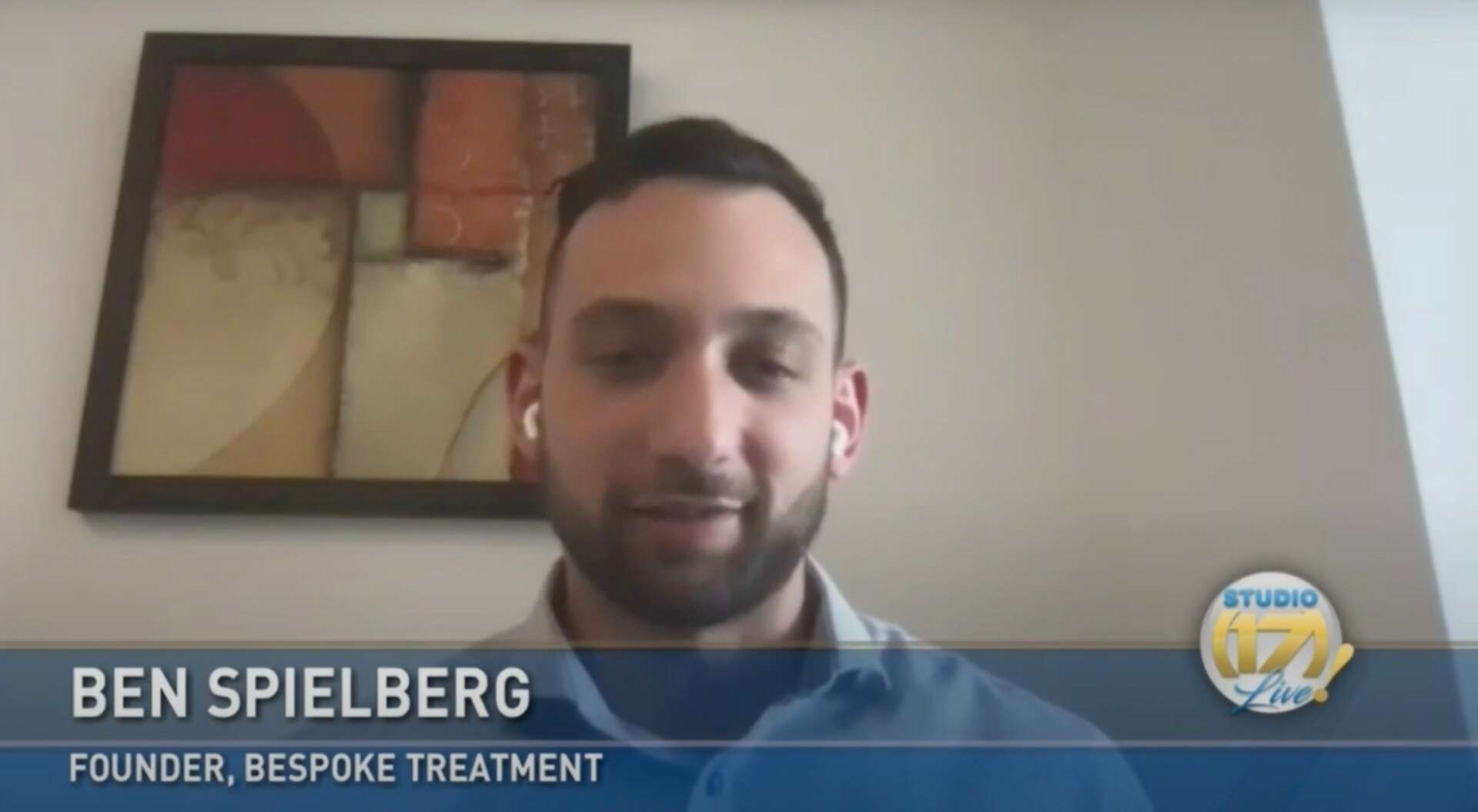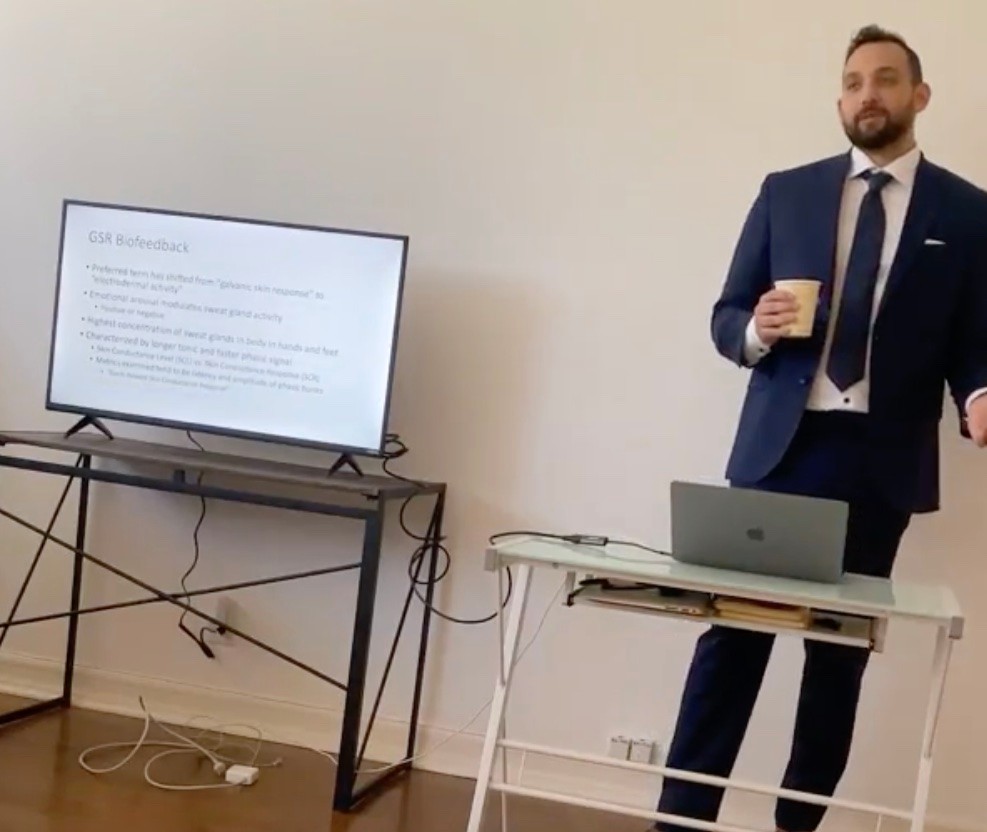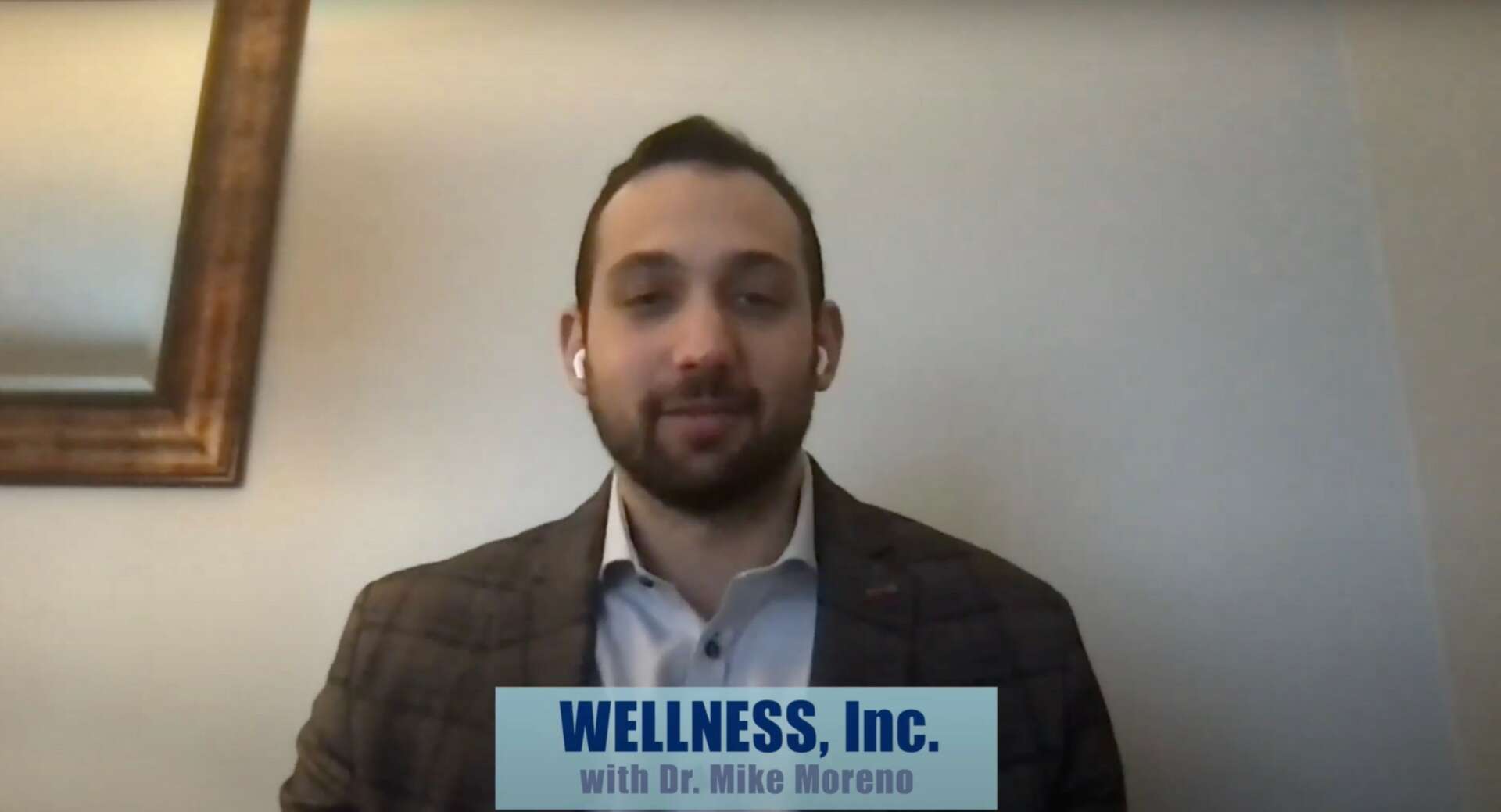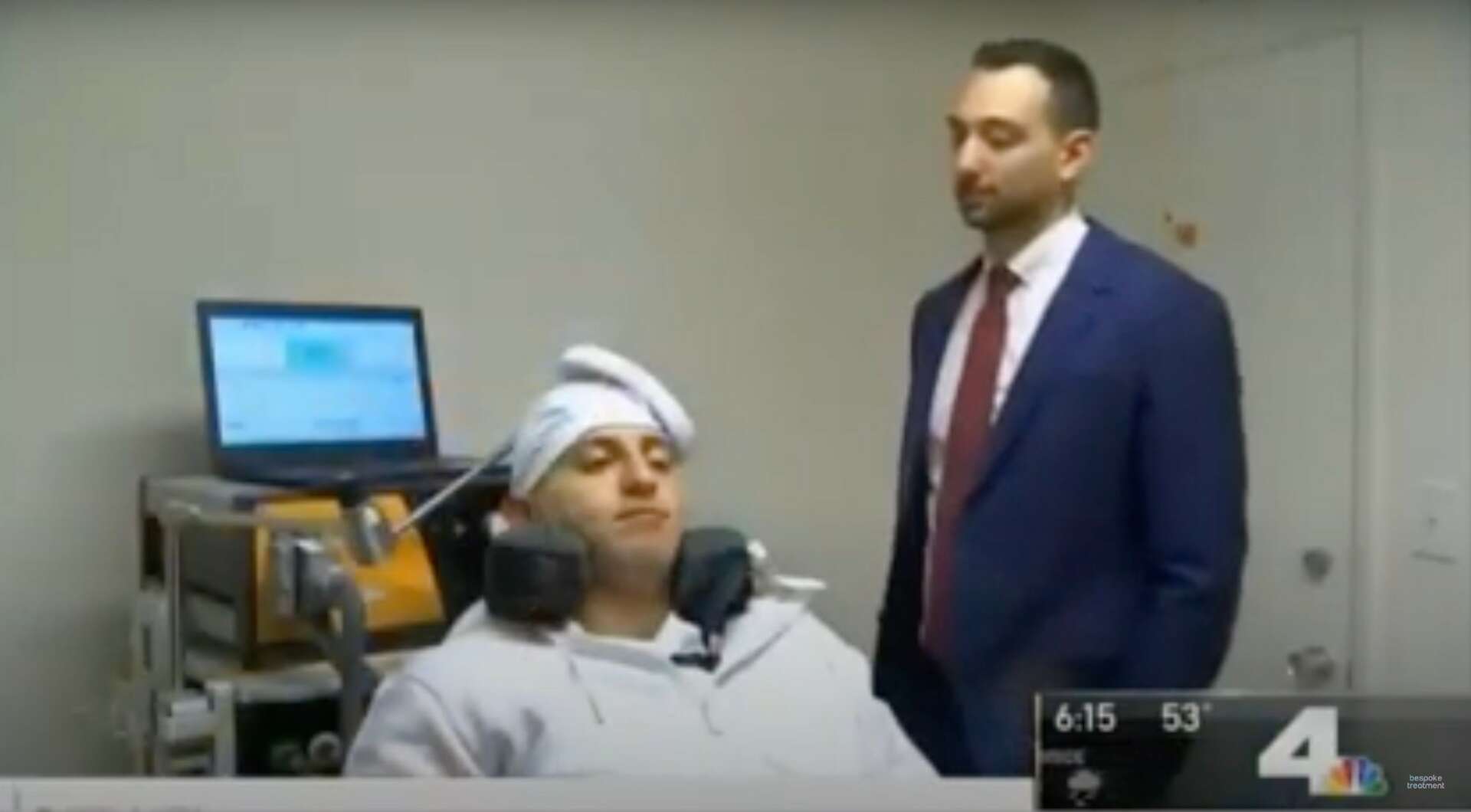Alright – so today we’ve got the honor of introducing you to Ben Spielberg. We think you’ll enjoy our conversation, we’ve shared it below.
Ben, thanks for joining us, excited to have you contributing your stories and insights. It’s always helpful to hear about times when someone’s had to take a risk – how did they think through the decision, why did they take the risk, and what ended up happening. We’d love to hear about a risk you’ve taken.
One of the riskiest decisions we have made as an organization was regarding our ketamine-based virtual Intensive Outpatient Program. Prior to COVID, we were a hybrid program: many evaluations were done virtually, but otherwise patients had to come into our office for the majority of their treatments–especially ketamine and TMS. However, during COVID we realized that many people were stuck at home and their already-fragile mental health was completely deteriorating.
I realized that it was possible to create a comprehensive and holistic virtual program when most insurance companies began to allow expanded mental health services to be rendered via telehealth. My team quickly found the key staff members who would be involved in this program, located a virtual Medical Director, and hired new virtual therapists. The idea was that ketamine would be prescribed in very small amounts and monitored in real-time by therapists. The therapists would monitor the patient self-administer a specially made oral formulation of ketamine, and would then use the next 90 minutes for a ketamine-assisted therapy session. At the time, there were no intensive programs offering ketamine assisted therapy–let alone via telehealth.
The program was a resounding success. Some patients even decided to transition from our in-person program to the 100% virtual program, reporting that ketamine-assisted therapy in their homes felt so much more comfortable and healing compared to an office setting. We eventually grew our online ketamine therapy program to the entire state of California, and it has become one of the main pillars of our company.

Ben, before we move on to more of these sorts of questions, can you take some time to bring our readers up to speed on you and what you do?
I studied neuroscience in graduate school and my focus was on neuromodulation–specifically different non-pharmaceutical ways to change the brain–and ketamine. I realized that a lot of providers who were offering these services but really didn’t understand how to improve upon the stock “one size fits all” protocols that most providers delivered. With TMS, you can manipulate a lot of different parameters to personalize the treatment such as the power level, the target stimulation site, the frequency, and the number of sessions per day. With ketamine, you can manipulate the route of administration, the dosage, and the context to improve the efficacy substantially. So I really started this because there was such a big need for higher quality, personalized mental health treatments. I’m really proud that we are still able to hang our hat on this today, despite being a much larger organization now.

Any stories or insights that might help us understand how you’ve built such a strong reputation?
I think our integrative approach has set us apart from the beginning. When we first started, there were no clinics that offered different types of interventional psychiatry services (TMS, IV ketamine, Spravato) under one roof. I think this approach spoke to patients and providers, who would refer to us often. However, our glowing reviews are what end up driving our amazing reputation. When prospective patients can see that we treat all of our patients with empathy, courtesy, respect, and transparency in a field where they are often treated with none of those nouns, it makes a big difference.

Putting training and knowledge aside, what else do you think really matters in terms of succeeding in your field?
People really need to understand the state of mental health treatment in 2023. First, I think many people would be surprised that each stage of mental health treatment is not dedicated to ensuring that patients thrive. Instead, it’s really about making sure that a patient is stable enough (e.g., not going to attempt self-injurious behavior) to move down to the next level of care. The system itself is a game of resource management.
Most patients who come to us are frustrated. They have tried medication that either doesn’t work well, works temporarily, or causes too many side effects. They have done all of the things they are supposed to do: therapy, exercise, eating well. It still doesn’t work. The frustration is completely understandable. It is possible that a singular treatment (such as TMS Therapy or ketamine therapy) might be all that they need for complete remission from severe depression or PTSD, but it is not always the case. Clinics that offer one-off treatments may end up doing a disservice for patients for this reason.

Contact Info:
- Website: https://bespoketreatment.com
- Instagram: https://www.instagram.com/bespoke_treatment/
- Facebook: https://www.facebook.com/TryBespokeTreatment
- Linkedin: https://www.linkedin.com/in/benspielberg/
- Yelp: https://www.yelp.com/biz/bespoke-treatment-santa-monica-ketamine-and-tms-clinic-los-angeles
- Other: https://www.tiktok.com/@bespoketreatment


